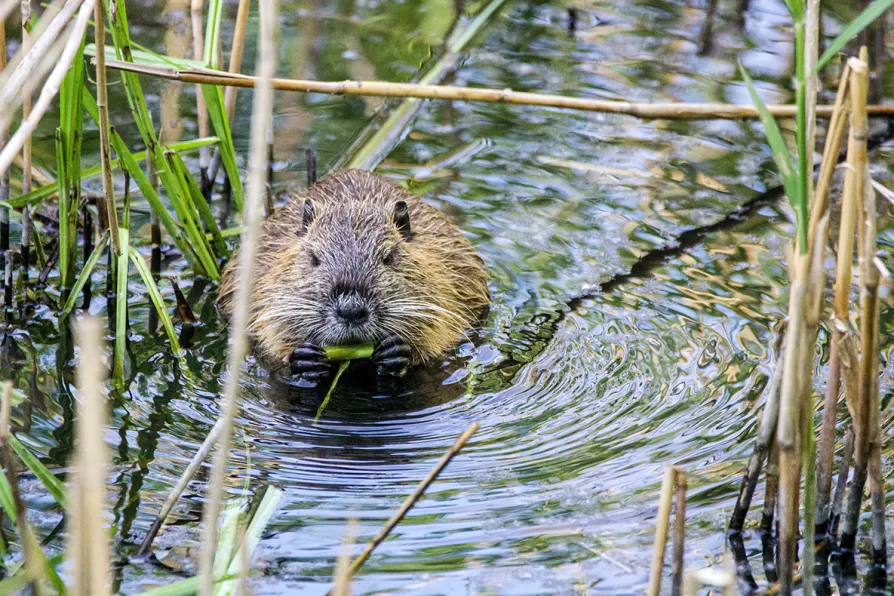John Wojcik pays tribute to a black US activist who spent six decades at the forefront of struggles for voting rights, economic justice and peace – reshaping US politics and inspiring movements worldwide

 [Svetozar Cenisev / Creative Commons]
[Svetozar Cenisev / Creative Commons]
IN AN attempt to counter the horrendous loss of wildlife as a result of population increase, urban spread and particularly the extensive use of intensive farming, there have been increasing calls for “rewilding.”
What does that term mean? Well, it involves an attempt to reintroduce animals and plants that used to be widespread but are today either extinct or facing extinction.
Can we, though, really bring back some of the diversity and variety of wildlife that our parents and grandparents knew or is it simply a utopian dream?

One of the major criticisms of China’s breakneck development in recent decades has been the impact on nature — returning after 15 years away, BEN CHACKO assessed whether the government’s recent turn to environmentalism has yielded results

Nature's self-reconstruction is both intriguing and beneficial and as such merits human protection, write ROX MIDDLETON, LIAM SHAW and MIRIAM GAUNTLETT











